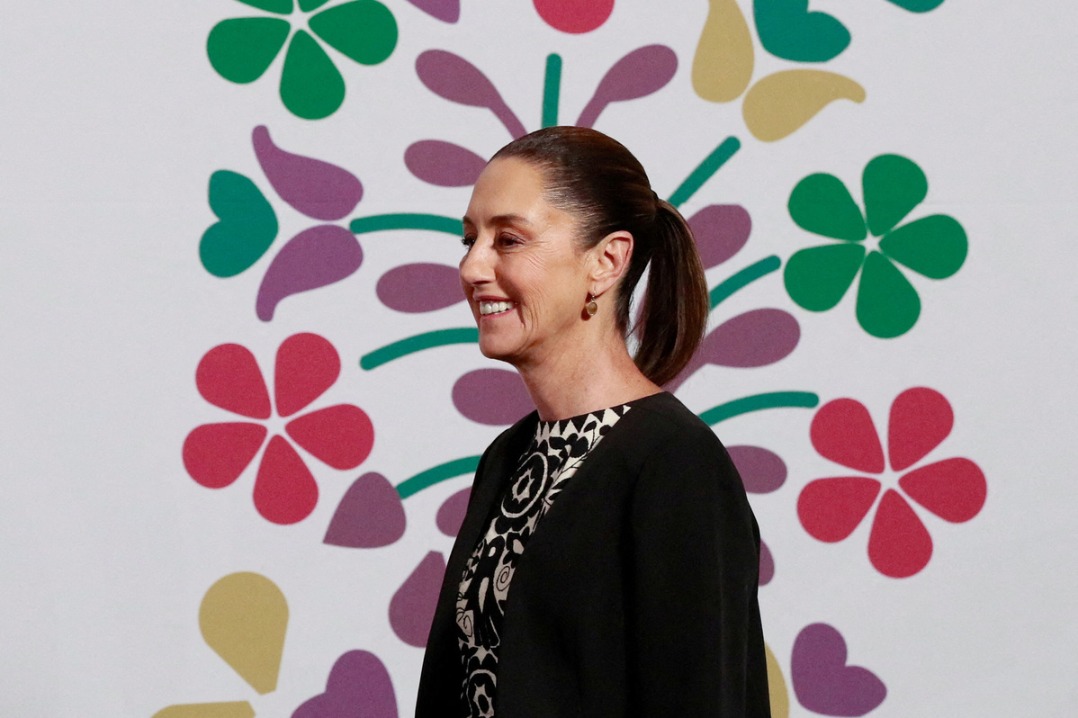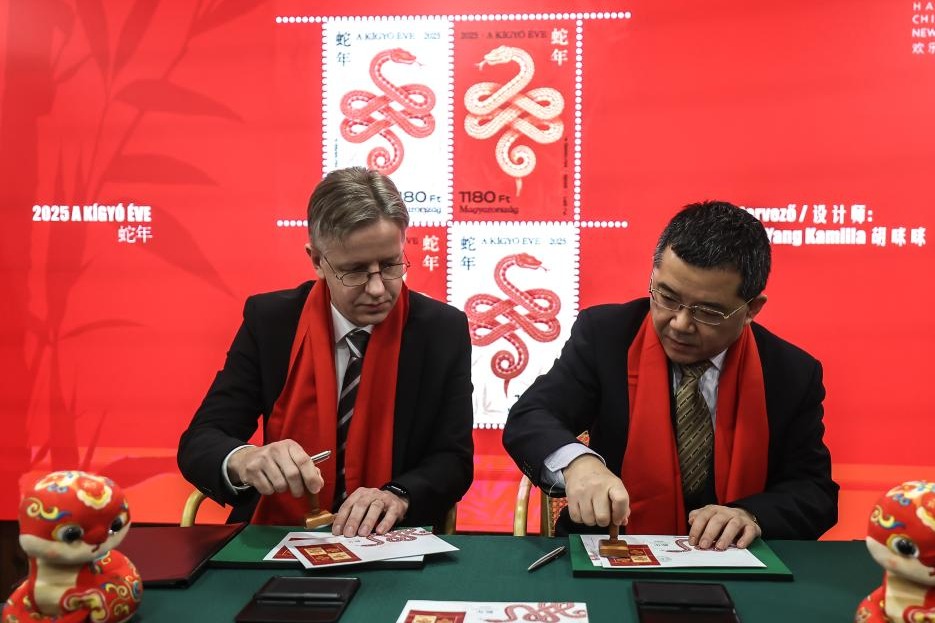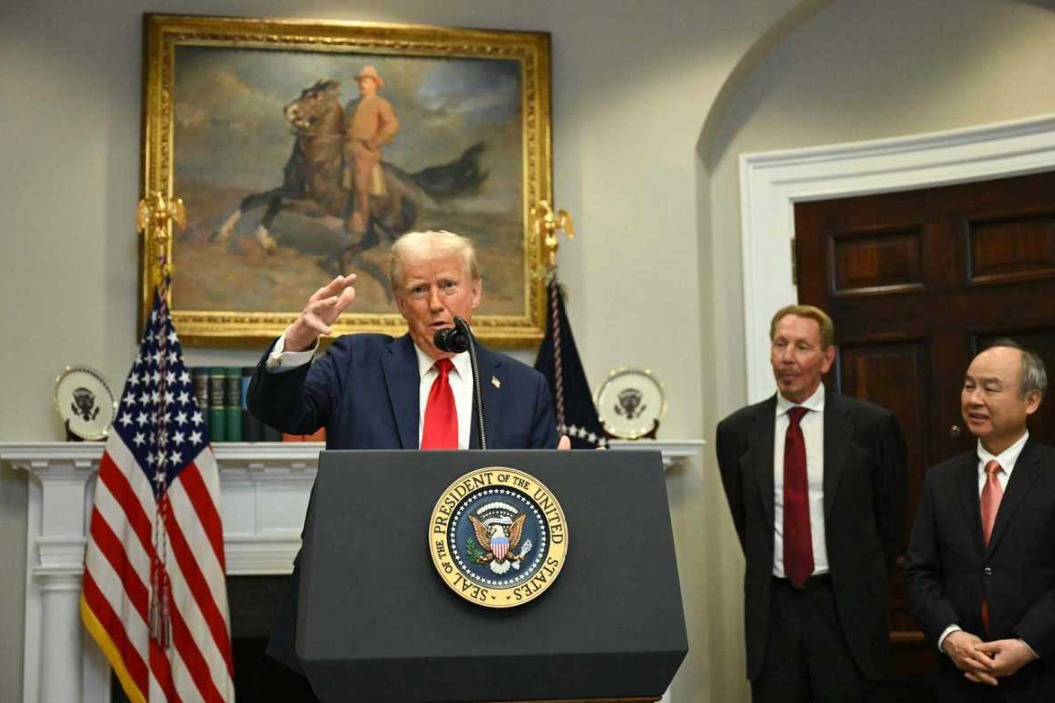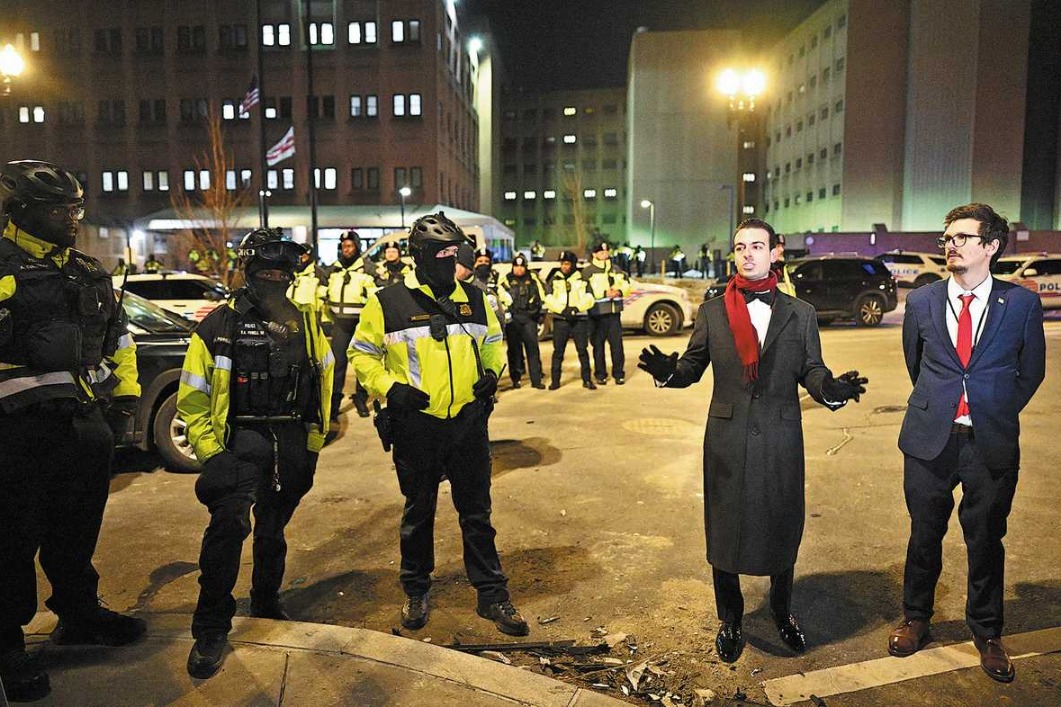Markets brace amid Trump policy overhaul
Banks weigh executive orders, while trading partners study tariff threats

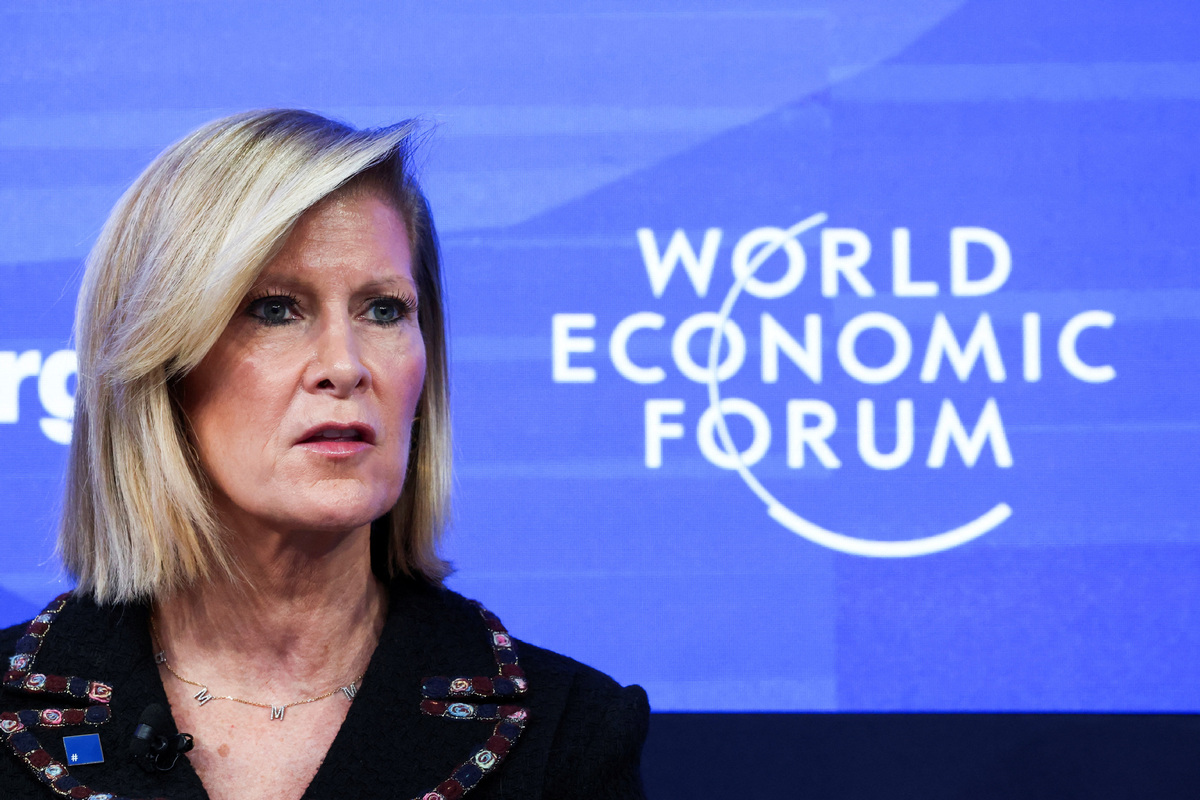
United States President Donald Trump's return to the White House has prompted swift reactions across global financial markets, as his immediate move to reverse policies from the previous administration signals significant changes ahead for the business landscape.
Banking giant JPMorgan Chase has established an emergency response unit to monitor Trump's policy changes, as the 47th president begins reshaping federal directives hours after taking office, a senior executive revealed.
Speaking on Tuesday at the World Economic Forum in Davos, Switzerland, Mary Erdoes, the head of the bank's asset and wealth management unit, told delegates that "the last 24 hours are showing there's going to be a lot of changes we all have to digest".
"We have a war room set up to analyze and evaluate each and every one of these (policies)," Erdoes said. "They've been up all night and are working on it. Time will tell."
Following his Washington inauguration ceremony on Monday, Trump began revoking nearly 80 executive orders from former US president Joe Biden's administration.
Among the key changes, the new executive actions target federal hiring practices and regulatory frameworks, immediately halting all new government recruitment and regulations pending review, reported Reuters.
During his election campaign, Trump pledged to impose substantial tariffs on key US trading partners, including Mexico and Canada, raising concerns about potential market volatility.
However, Erdoes, who has spent nearly three decades at JPMorgan since joining in 1996, expressed optimism that the incoming administration would benefit US businesses.
She told the Davos panel that the new commander-in-chief is keen to create a "very pro-business environment", adding that business confidence is "alive and well" with the US economy shifting into "go mode" at present.
Traders are closely watching global markets that could be affected by Trump's nationalist policies, Reuters reported. The Canadian dollar dropped sharply after Trump announced possible 25-percent tariffs on Canadian imports in the coming days.
The new Trump administration could disrupt international trade patterns bringing "interesting ructions", Standard Chartered CEO Bill Winters told delegates in Davos.
International banks with diverse global operations are positioned to manage any market shifts, according to Winters, while regional banks might face more challenges.
Trade relations between China and the US face renewed focus, as questions emerge over potential tariffs under the returning president. The two nations had previously experienced economic tensions during Trump's last term in office, from 2017 to 2021, affecting trade flows between the world's largest economies.
Beyond the policy shifts in Washington, banks are confronting new regulatory challenges that industry leaders say could constrain their role in driving global economic growth.
The Bank of England has postponed stricter bank capital requirements to January 2027, awaiting clarity on US policy under Trump, prompting similar considerations from the European Union regarding post-2008 financial crisis banking safety reforms developed by the Basel Committee on Banking Supervision, or BCBS.
















